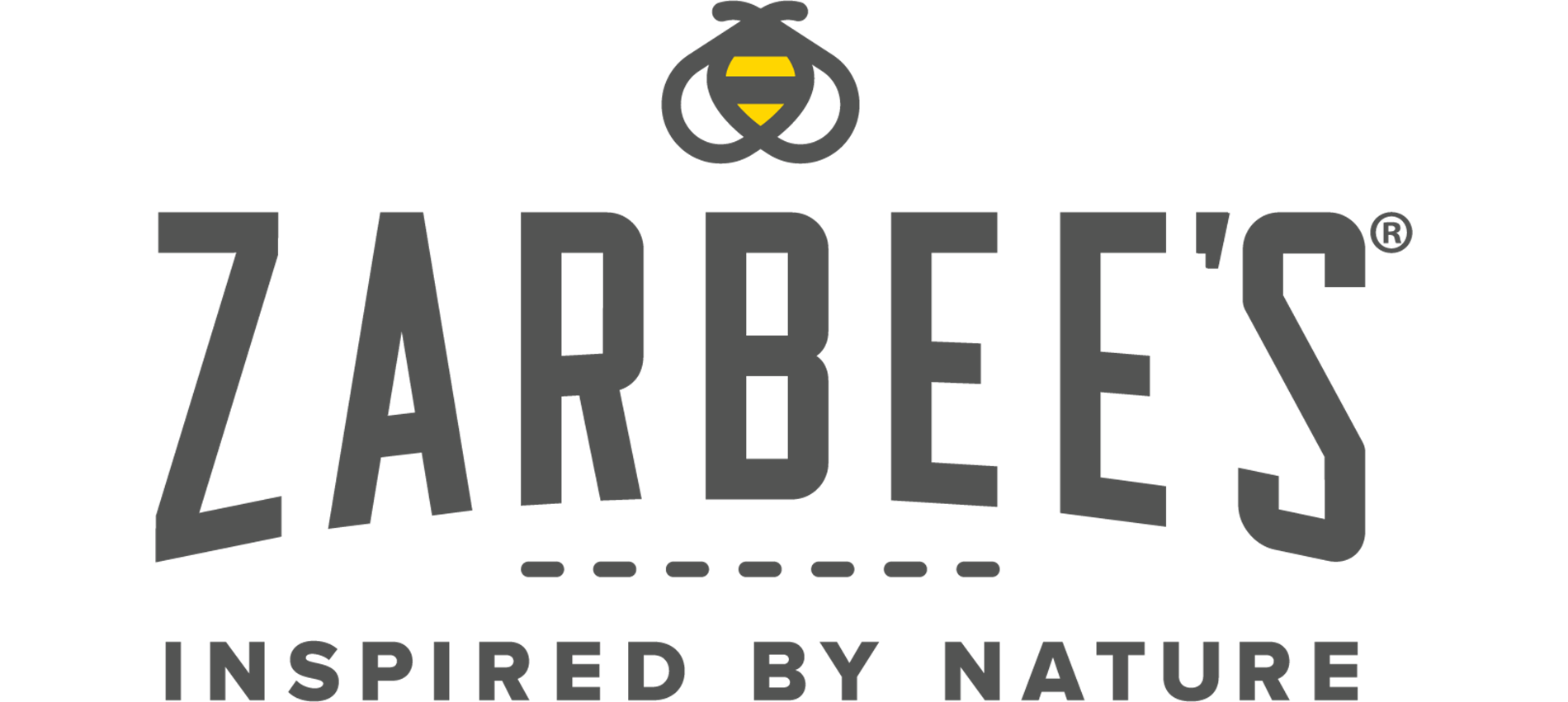Zinc is an essential trace element that plays a crucial role in helping to support immune function and overall health[1]. This mineral is vital for the proper functioning of various physiological processes, including immune responses, inflammation control, and oxidative stress management[1]. Understanding zinc and its benefits can help parents make informed decisions about their children's health.
The Role of Zinc in Immune Function
Zinc is involved in the development and function of immune cells, as well as the production of antibodies and cytokines[1]. It modulates the body's inflammatory response by targeting key regulators like Nuclear Factor Kappa B (NF-KB)[1]. Maintaining optimal zinc levels is critical for helping to sustain proper immune function and preventing immune dysfunctions[1].
How Zinc Supports the Immune System
Zinc plays a vital role in the development and function of T cells and B cells, which are key components of the adaptive immune system[2]. It also influences the activity of natural killer cells and mast cells, enhancing their ability to fight infections[2]. Zinc deficiency can lead to impaired immune function, increased susceptibility to infections, and decreased production of antibodies[1].
Zinc and Coughs & Immunity
How Often to Consume Zinc
Regular zinc supplementation can help maintain optimal immune function[1]. Prophylactic zinc supplementation for at least five months has been found to reduce the incidence of school absences, and the need for antibiotics in children[3].
How Zinc Helps with Coughs and Colds
Zinc's anti-inflammatory and antioxidant properties play a significant role in the body’s response to coughs and colds[1]. By modulating the inflammatory response and controlling oxidative stress, zinc helps the body manage cold symptoms and aids in faster recovery[4].
By understanding its benefits and incorporating it into their children's diets, parents can help support their little ones' immune systems and promote overall well-being.

